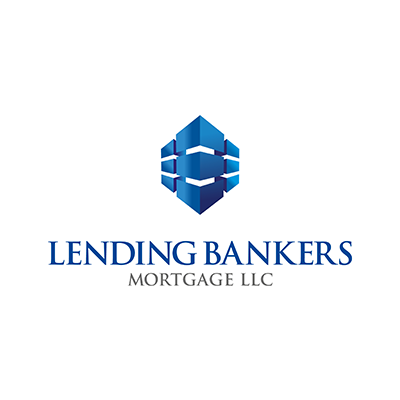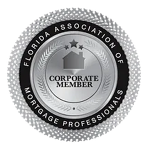
Discover Affordable Mortgage Refinance Options Miami
Are you a Miami homeowner looking to lower your monthly payments or tap into your home’s equity? With recent shifts

Are you a Miami homeowner looking to lower your monthly payments or tap into your home’s equity? With recent shifts

Unlock the best mortgage refinance options in Miami today. Save money and reduce your payments with tailored solutions for your financial needs!

If you want to invest in real estate in Miami, but are having a difficult time qualifying for a regular
Client Testimonials
Building lifelong mortgage partnerships is our mission. Explore our clients’ experiences through our Google reviews.







Licensed by the Florida Office of Financial Regulation Mortgage Broker #MBR352, NMLS #383682
Lending Bankers Mortgage LLC is an Equal Housing Lender. As prohibited by federal law, we do not engage in business practices that discriminate on the basis of race, color, religion, national origin, sex, marital status, age, because all or part of your income may be derived from any public assistance program, or because you have, in good faith, exercised any right under the Consumer Credit Protection Act. Disclaimer: Programs subject to change without notice. All borrowers must qualify per program guidelines.
Copyright © 2004-2024 – Lending Bankers Mortgage LLC. All rights Reserved